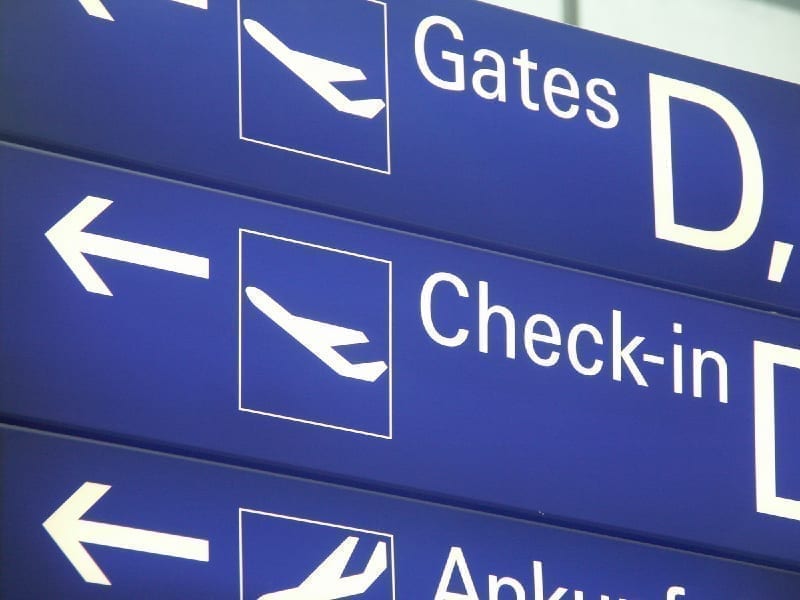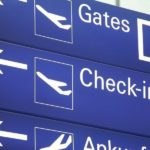US Customs and Border Protection (CBP) is once again enrolling people in its Trusted Traveler Programs with the reopening of enrollment centers on September 8. The centers were shut down on March 19 to control the spread of COVID-19.

The reopening is being carried out with an eye towards the health and safety of both travelers and CBP personnel. Staff and visitors will be required to wear masks and observe social distancing protocols, and appointments may be staggered to reduce the number of people in the waiting room. Other safety measures include the installation of plexiglass barriers at service counters, and the elimination of shared touch points like sign-in sheets. Commonly used surfaces will also be cleaned and sanitized more frequently.
At the moment, the enrollment centers will primarily be fielding interviews for the Global Entry program. NEXUS and US-Canada FAST interviews are still suspended due to the ongoing restrictions on non-essential travel. SENTRI and FAST-South interviews are likely to be limited (but not fully suspended) at the southern border for similar reasons.
Global Entry applicants will need to book interviews in advance, and can do so through the Trusted Traveler Program’s website. Slots may be limited depending on the location, though the Enrollment on Arrival option (which allows travelers to complete their interview when they arrive in the US) is still available to those who do not want to schedule an appointment. Crossing the border to visit an enrollment center is considered non-essential travel.
Despite the safety concerns, anyone applying to a Trusted Traveler Program will be asked to submit fingerprints as part of the enrollment process. The Office of Personnel Management had previously relaxed its fingerprinting requirements for new government employees during the pandemic, but international travelers are obviously not included in that category.
Before the pandemic, CBP suspended all Trusted Traveler Programs in New York, seemingly to punish the state for a new law that prevents the NY Department of Motor Vehicles from sharing information with the Department of Homeland Security.
–
September 8, 2020 – by Eric Weiss








Follow Us